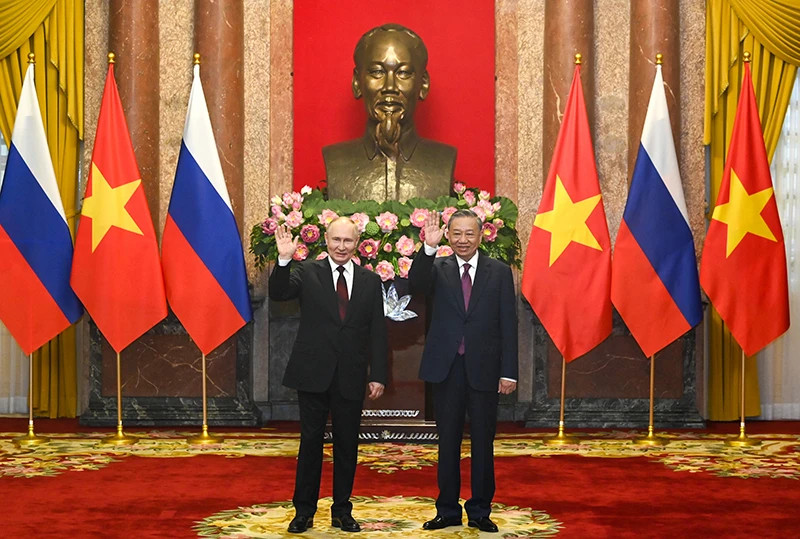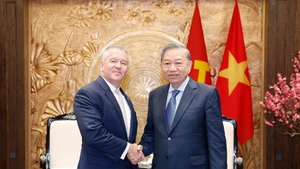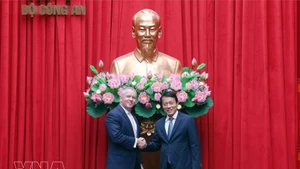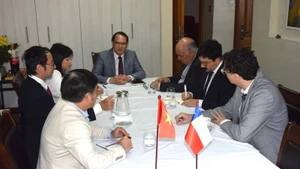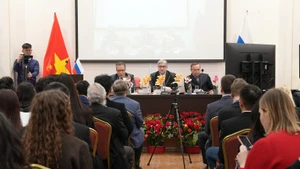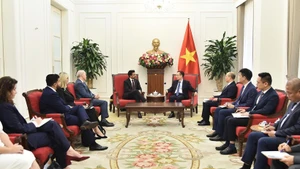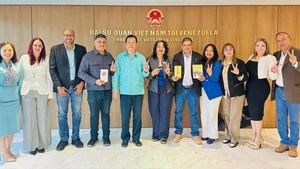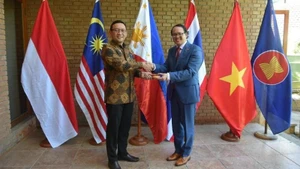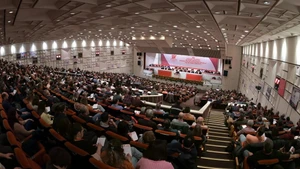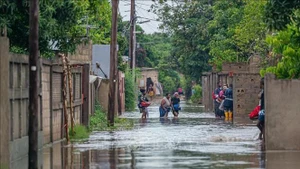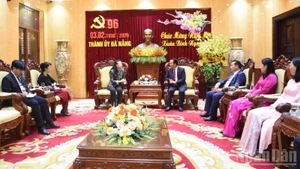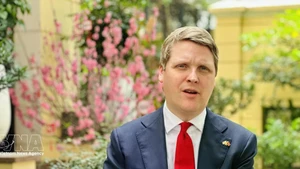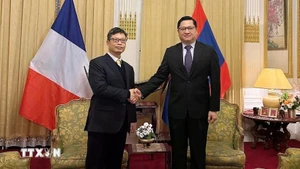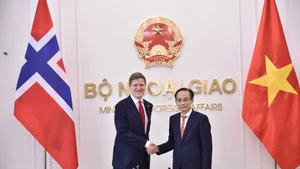The results showed that 88% of the surveyed students immediately thought of the October Revolution when talking about the Soviet Union and today’s Russian Federation, while President Vladimir Putin is the leader who left the strongest impression on them, among Russian leaders in the late 20th and early 21st centuries.
In the eyes of Vietnamese students, Russian President Vladimir Putin is a decisive leader (80.9%), a talented leader (71%), a person with a cold face but a warm heart (41.8%), a man admired by many women around the world (24.4%), as well as a mysterious man who likes sports and loves animals.
Besides their interest in Russia and political issues, Vietnamese students also love Soviet literature. Survey results show that A. Pushkin, Lev Tolstoy, M. Gorky, N. Gogol, and V. Rasputin, are the most mentioned authors when asked about Russian literature. 67.1% of respondents (852 students) know A. Pushkin, 44.9% know Lev Tolstoy (570 students), 41.6% know M. Gorky (528 people), and 32% know N. Gogol (406 students).
This result is quite surprising because the respondents are between 18 and 22, born around 2000. The influence of Russian literature on them is not as much as the generations born in the 60s and 70s (the generations with many people who studied and lived in the Soviet Union and Russia).
Russia is the country chosen by the largest number of Vietnamese students as the destination to improve their education among European countries, given the chance to study abroad by state budget.
This demonstrates the great affection of the Vietnamese people for Russia. Besides their natural attachment to Russia, 40.2% of surveyed students explained that they chose to study in Russia because it has developed science in the field they want to study. 32.2% of students also said that Russia has a developed education system. A very simple but very cute reason is that they love the country and people of Russia, in addition to other reasons, such as career opportunities after graduation and affordable studying and living costs.
The love for the Russian language is also clearly shown when students answered about their choice of language if studying a second foreign language. 23.8% of students will choose Russian, ranking 2nd, just behind Chinese (27.5%). This data will help the Pushkin Institute identify the market to develop a plan to open appropriate Russian language classes.
The above-mentioned data shows the important position of Russia and Russian President Vladimir Putin in the hearts of Vietnamese students. The young generations of Vietnam are very interested in Russia and look for further development of the country, which is considered one of the most important partners in Vietnam’s foreign policy.
This is a positive and encouraging sign for nurturing and developing the relationship between Vietnam and Russia in the future, as stated by General Secretary Nguyen Phu Trong, at the talks with President Putin on June 20, 2024: “Vietnam always considers the traditional relationship and the Comprehensive Strategic Partnership with Russia a top priority in its foreign policy.”
President Vladimir Putin’s recent state visit to Vietnam is a vivid testament to the assessments from both sides about the traditional and faithful relationship, especially in the context of the 30th anniversary of the Treaty on Principles of Friendly Relations between Vietnam and Russia (June 16, 1994).
